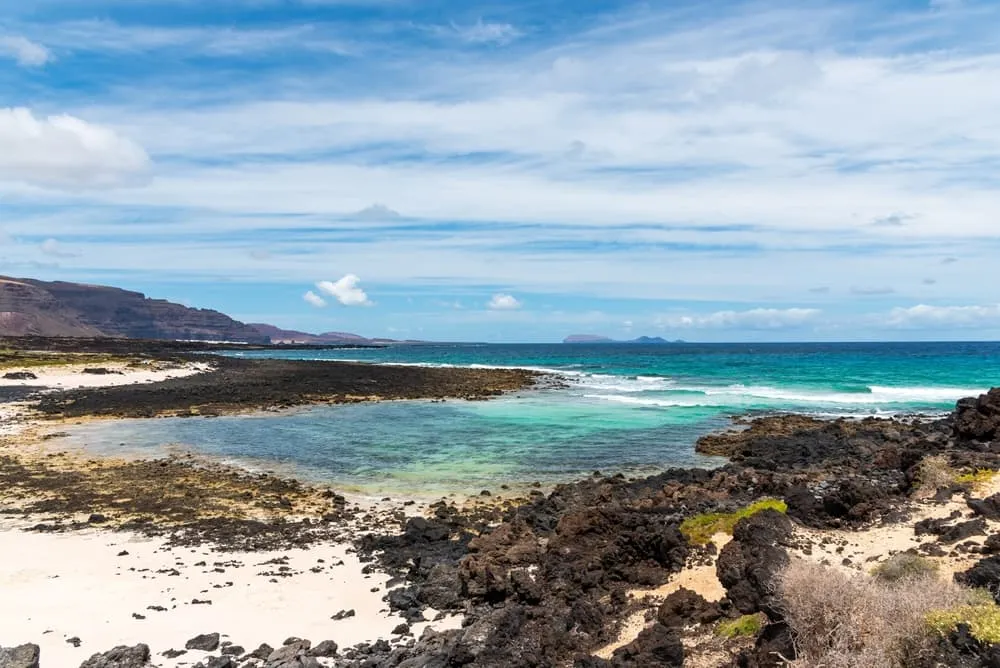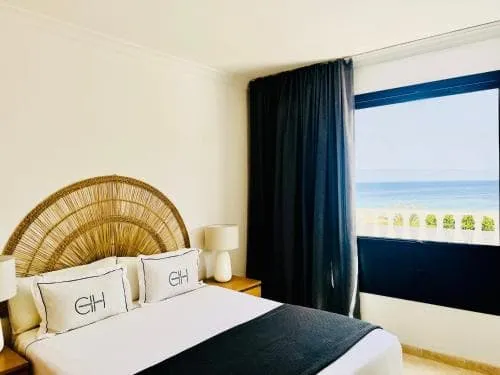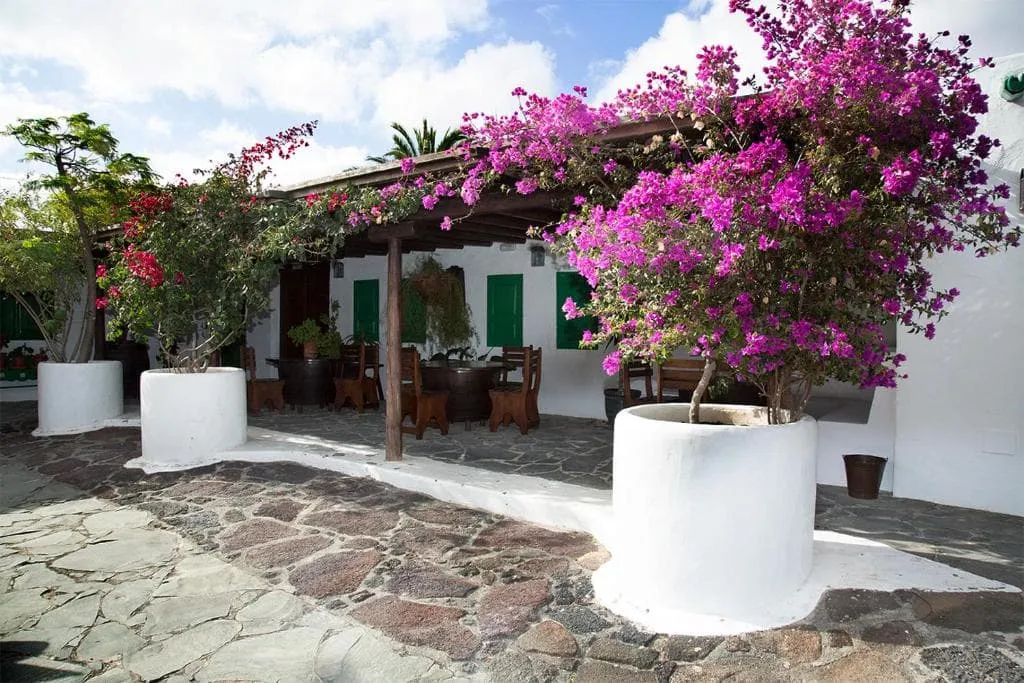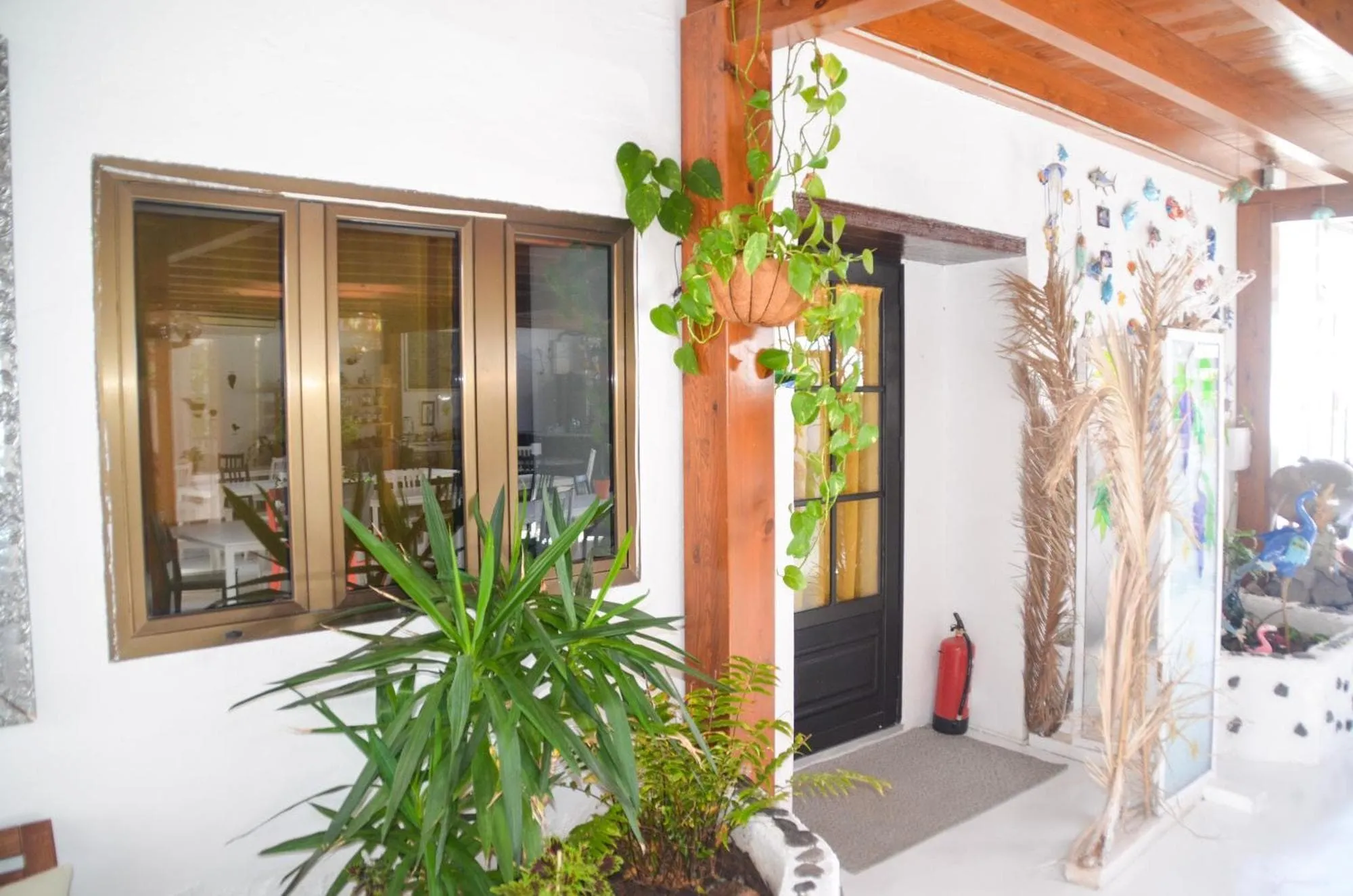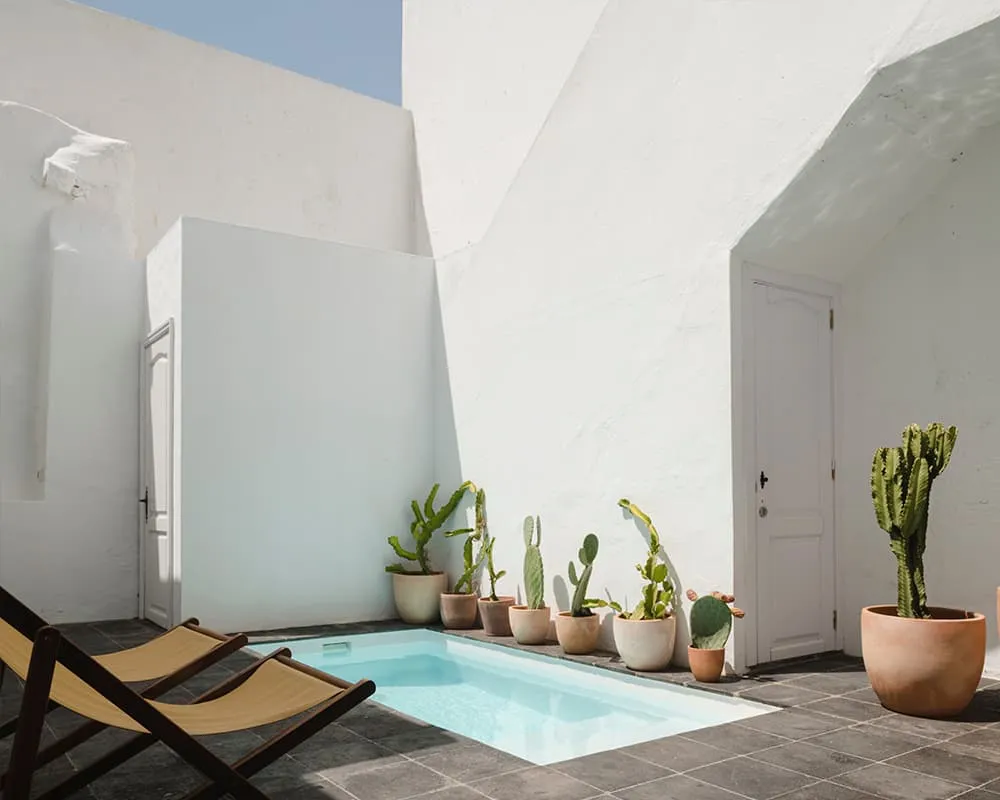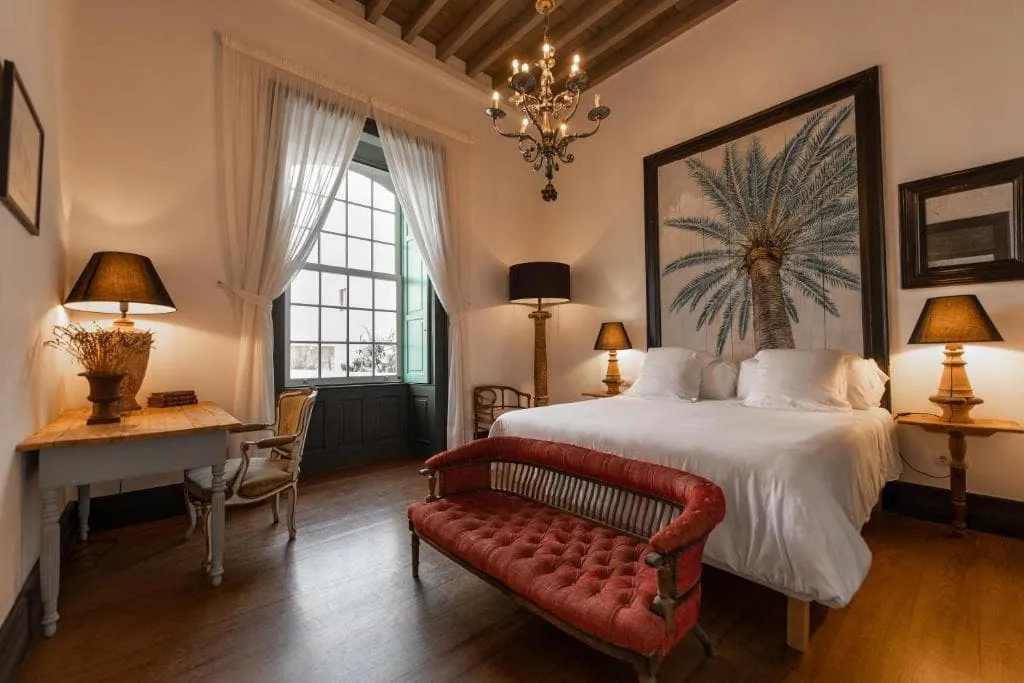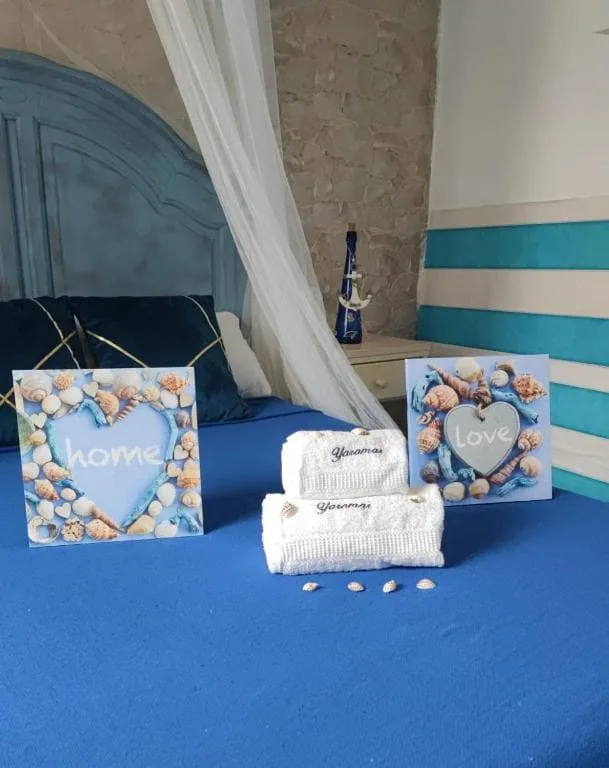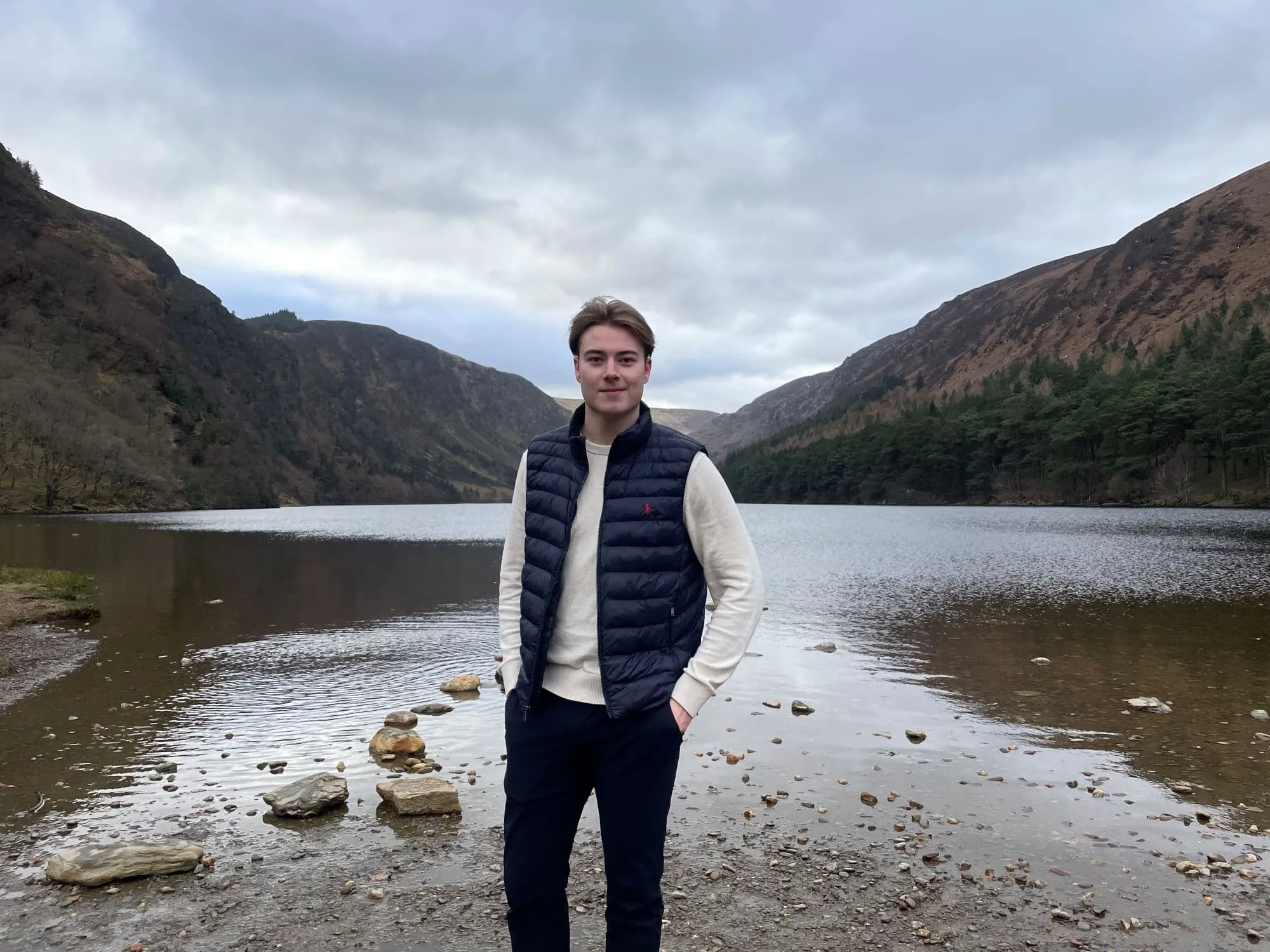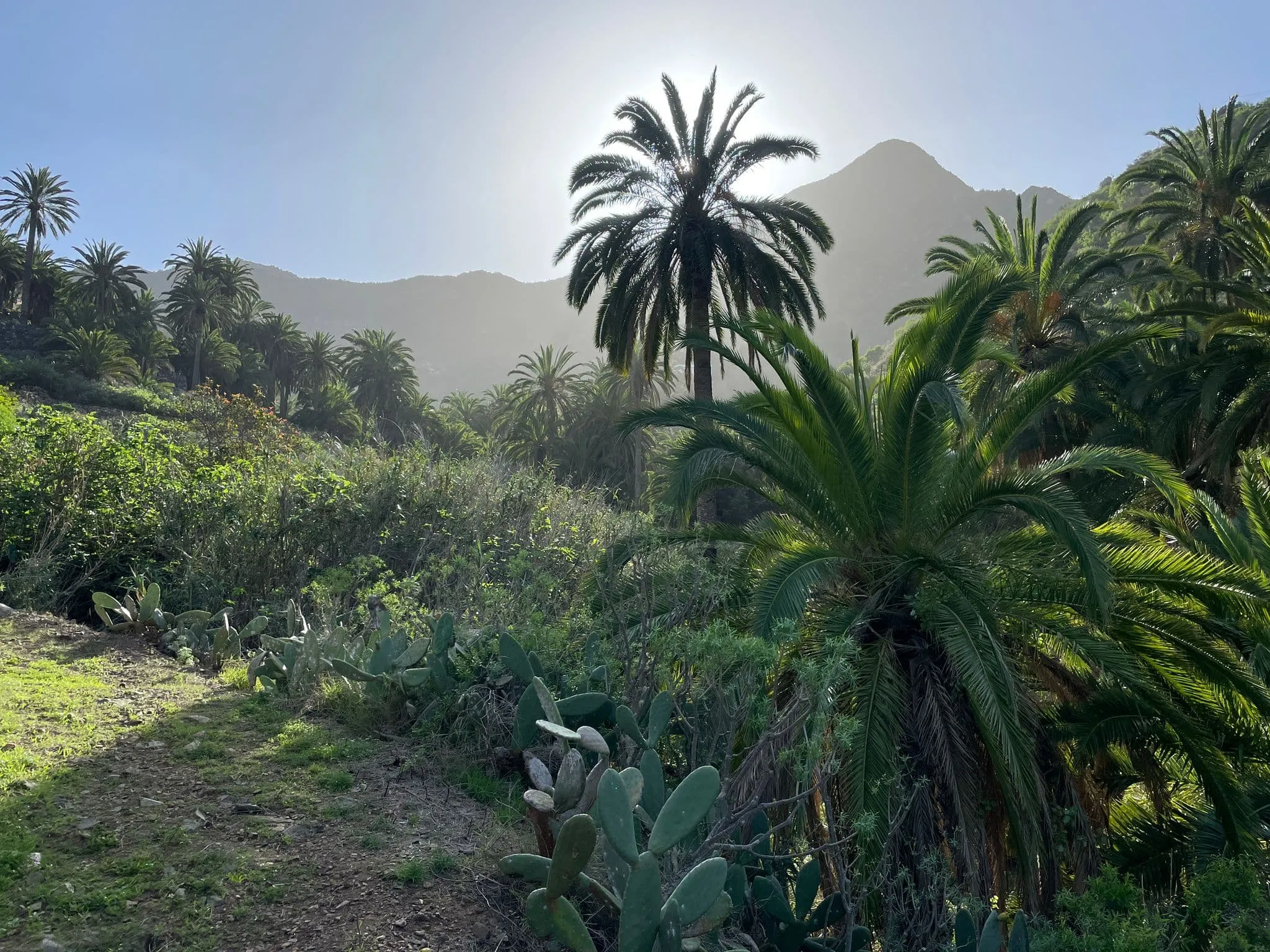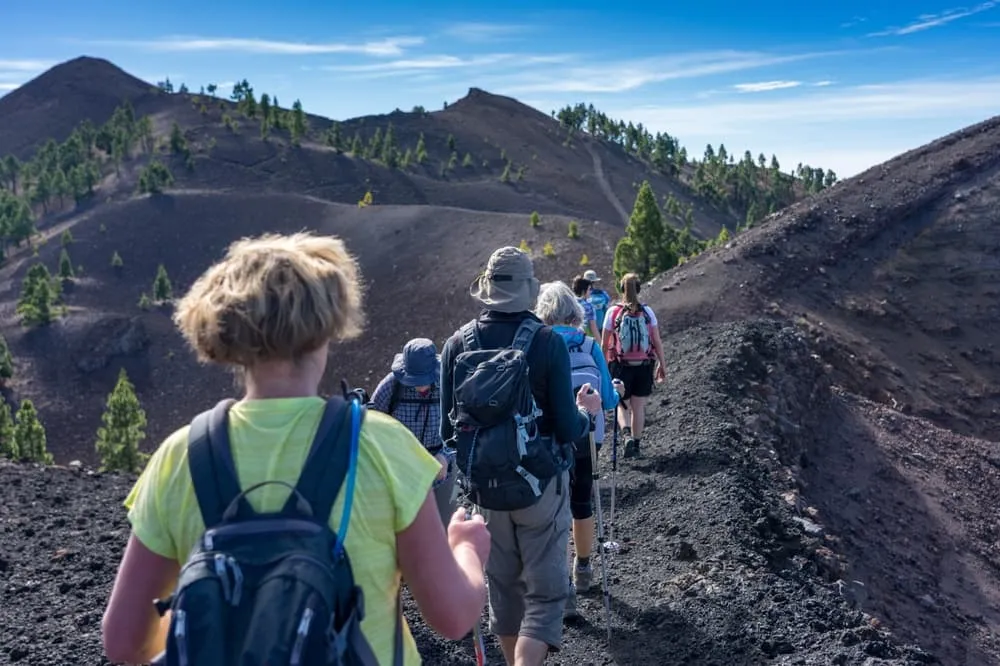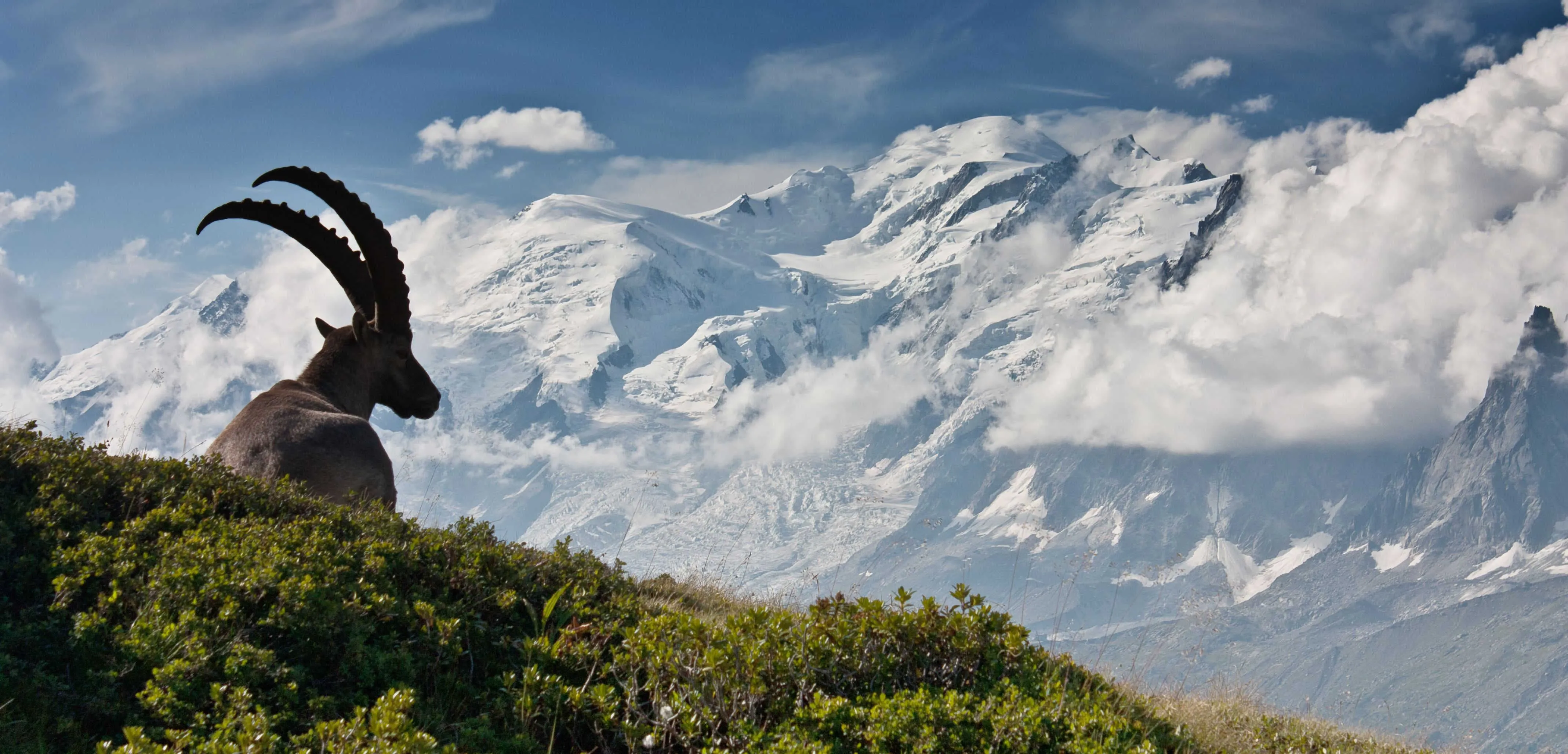> Hike the length of Lanzarote on the GR131
> Sleep in (small) hotels, Casa's, and B&Bs
> A beginner-friendly trail through a volcanic wonderland
Lanzarote is wild, warm, and wonderfully walkable. The GR131 leads you from the southern coast in Playa Blanca to the northern tip in Órzola, crossing lava fields, old villages, and surreal volcanic landscapes. This is the other side of the Canary Islands—more hiking boots than beach towels.
With 5 days of hiking and 7 days total, this trek is perfect for beginners or anyone looking to experience the raw beauty of Lanzarote at a slow, steady pace. You’ll walk between 10 and 15 kilometers per day, sleep in cozy local stays, and finish each stage with sand in your shoes and stories in your pocket.
It’s a journey across an island of fire and stone—where every horizon is shaped by a volcano, and the Atlantic is always within reach.



